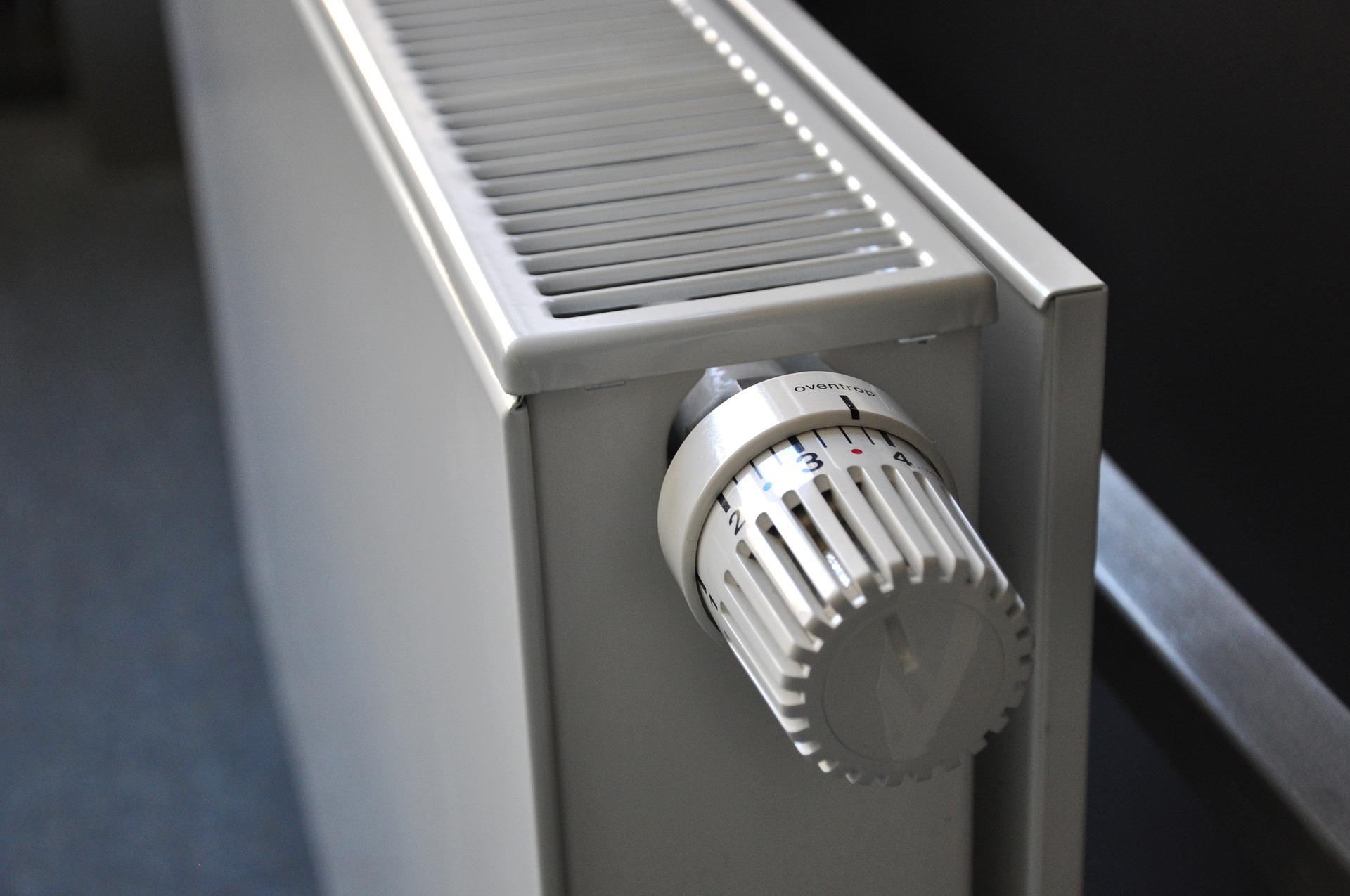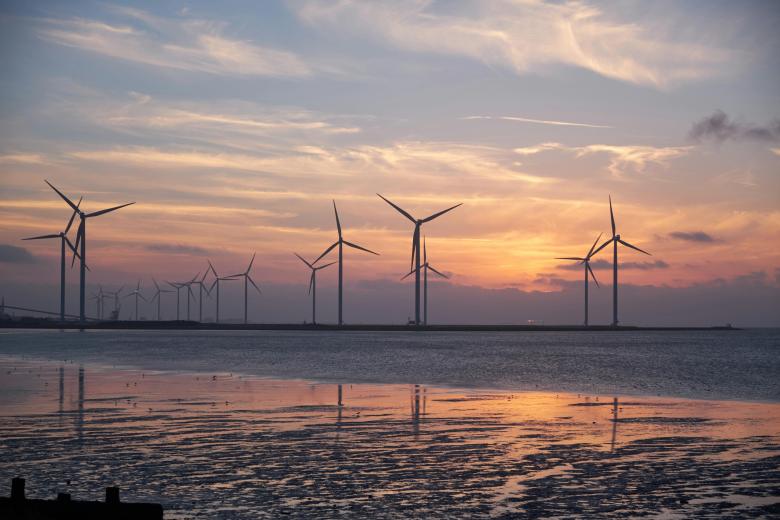Three years later… What are the habits and routines of our ENERGISE-households?
Already three years ago, two challenges were introduced to a certain group of households in Maastricht and in Roermond (the ENERGISE-households*): to reduce indoor temperature to a maximum of 18 °C (‘heating challenge’) and half the number of weekly laundry cycles relative to a baseline (‘laundry challenge’). Their implementation took place in late 2018, with the study continuing in 2019 with a follow-up survey three months after the end of the challenge period. Quantitative and qualitative data were collected before, during, and after the challenges. We analysed how ‘doing laundry’ and ‘keeping warm’, as very different types of practices, responded to the change initiative. For example, warming people rather than spaces through added layers and activities, and related shifts in norms around thermal comfort, emerged as crucial steps towards lowering indoor temperatures. Average changes in reported temperatures indicated that reductions are possible, without an emphasis on individuals or technologies as central to change.

Is this still the case, three years after? And can we determine if and to what extend these behaviors have been conditioned by a dual shock from the coronavirus pandemic (COVID-19) and the rise of gas prices? In order to answer these questions we will analyse the same households with a follow-up survey administered three years after the end of the challenges. This introduces an element of comparison over time in which participants are able to reflect on changes in their everyday lives, from before the challenges to three years after. Learning about how and in what way changes took place will be emphasized, rather than goal achievement.
* ENERGISE is the first large-scale European effort aimed at reducing energy use among households through a change initiative that adopted a ‘Living Lab’ approach informed by social practice theory.
Also read
-
SBE researchers involved in NWO research on the role of the pension sector in the sustainability transition
SBE professors Lisa Brüggen and Rob Bauer are part of a national, NWO-funded initiative exploring how Dutch pension funds can accelerate the transition to a sustainable society. The €750,000 project aims to align pension investments with participants’ sustainability preferences and practical legal...

-
A Different Conversation: How a Female Investment Network is Shaping Entrepreneurship
Why do female entrepreneurs struggle to secure funding in today’s competitive ecosystem? Despite efforts to level the playing field, women continue to face significant barriers when pitching their ventures to investors. But with a growing focus on sustainability and social impact, can female-led...

-
When Transitions Hit Home: Exploring the decarbonisation divide in domestic heating and cooling
The Netherlands stands at the threshold of a monumental task: the decarbonisation of nearly 8 million homes by 2050. As society navigates this transition away from fossil fuels, communities encounter both promising opportunities and significant hurdles. Job Zomerplaag’s PhD project, provisionally...
